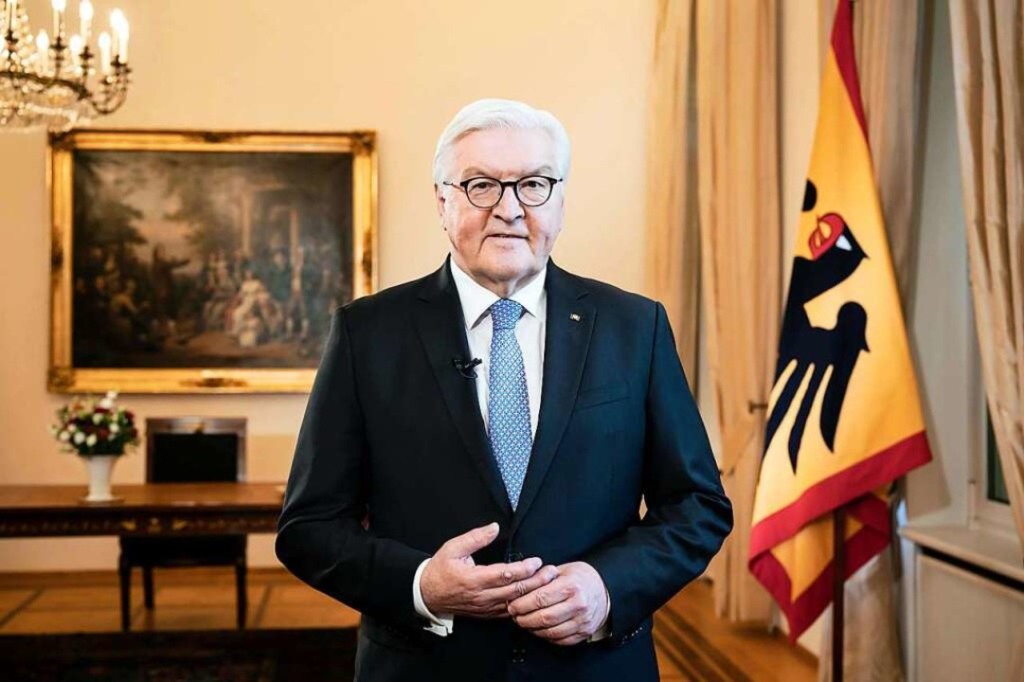On February 14, 2022, President Emomali Rahmon sent a congratulatory message to Frank-Walter Steinmeier on his reelection as President of the Federal Republic of Germany, according to the Tajik president’s official website.
Tajik leader noted in his congratulatory message that expansion of friendly ties and multifaceted mutually beneficial cooperation with Germany is one priorities pf Tajikistan’s foreign policy.
Emomali Rahmon expressed hope that that “subsequent establishment of contacts between the parties at the highest level will contribute to bringing good relations between our countries to a qualitatively new level.”
“The Tajik side will make the necessary efforts to further strengthen these relations,” Emomali Rahmon stressed.
Diplomatic relations between the Republic of Tajikistan and the Federal Republic of Germany were established on February 28, 1992.
Mutual visits at the highest level laid the foundation for multilateral cooperation between Tajikistan and Germany.
According to the Tajik MFA, the Republic of Tajikistan and the Federal Republic of Germany hold annual bilateral consultations on a regular basis and Intergovernmental meetings on the development of economic and technical cooperation, which serve as an important mechanism for strengthening and further development of relations.
The inter-parliamentary ties between the two countries are reportedly developing intensively.
Germany’s Federal Foreign Office noted on September 3, 2021 that Germany opened its embassy in Dushanbe in 1993 during the Tajik civil war, making it the first EU member state with an embassy in the country. Germany has supported the inner-Tajik peace and democratization process from the start and remains actively committed to promoting the rule of law and respect for human rights. Official consultations between the two Foreign Ministries were agreed in May 2016; due to the COVID-19 pandemic, the most recent round of talks took place by video teleconference on 8 December 2020.
For years, Germany has been Tajikistan’s most important bilateral donor within the EU. Bilateral engagement focused on sustainable economic development and on health, particularly tuberculosis control and mother and child health. Further commitments included construction of local schools and the rehabilitation and/or construction of hydropower plants, according to Federal Foreign Office.




